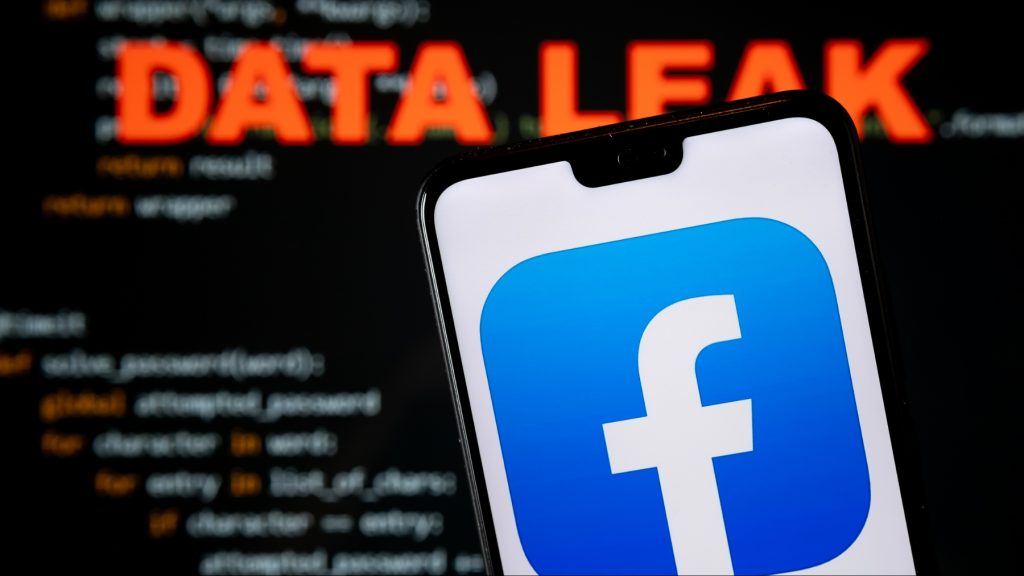
Both social media and elections are making big moves in 2024 as the presidential election approaches. Social media platforms such as Meta are again facing criticism over the spread of misinformation about voting procedures.
At the center of this issue is Derek Bowens, director of elections in Durham County, North Carolina, who is witnessing challenges that could undermine public confidence in the election process.
Recently, Bowens was alerted to a misleading post on Facebook instructing voters to request a new ballot if a poll worker had marked their form. This false claim, which had previously surfaced in the 2020 election, re-emerged without Facebook’s usual fact-checking tags. In response, the North Carolina State Board of Elections issued a statement to address and correct the social media election misinformation.
“It was spreading, and there wasn’t anything happening to stop it until our state put out a press release and we started engaging with our constituency on it,” Bowens said.
Government Acts Against Meta
The spread of fake news social media election claims is not new, but the response to it has shifted. The U.S. government has acted against Meta, Facebook’s parent company, accusing the platform of influencing voter behavior through social media election propaganda. Some analysts see this move as an attempt by the government to manipulate public trust in the elections and influence voter psychology.
Meta, however, has stated that it is improving its integrity efforts, with around 40,000 people working globally on safety and security. The company also claims to have fact-checking partners worldwide to help mitigate social media election misinformation.
Despite these assurances, local officials like Bowens remain concerned about the volume of false information on platforms like Facebook. The problem has worsened due to Meta’s decision to dodge priority of the political content, leaving government agencies with fewer tools to combat misinformation effectively. Many argue that rules for elected officials on social media need clearer definition and enforcement to prevent misuse during the social media election campaign.
Misinformation and the 2024 Election
State election officials in North Carolina, Arizona, and other regions have expressed frustration with Meta’s handling of false claims. Taylor Kinnerup, communications director for Maricopa County, Arizona, noted that resolving issues with Meta often took months, hindering their ability to provide accurate information to voters.
Kinnerup recalled that during the 2020 election, conspiracy theories about voter fraud in Arizona, such as the false claim that Sharpie markers invalidate ballots, spread widely on Facebook. Despite multiple attempts to engage with Meta, her office found that misinformation continued to go unchecked, leading to voter confusion.
Scott McDonell, clerk in Wisconsin’s Dane County, voiced similar concerns. “If I link to a story about election security, three people will see it,” he said, highlighting how posts from his official Facebook account struggle to reach the public. McDonell’s experience illustrates the platform’s limitations in supporting small government offices in sharing critical election information.
Broader Impact on Technology and Society
The government’s actions against Meta reflect growing concern about the influence social media election platforms have on elections. While addressing misinformation is essential, there is a delicate balance between curbing false claims and protecting free speech. Tech companies like Meta, with their vast reach, play a significant role in shaping public perception during social media election campaigns. To ensure voters receive accurate information, improved collaboration between Meta and election officials is critical.
As social media continues to dominate public discourse, it is clear that the interaction between social media election dynamics and democratic processes is profound. Moving forward, there must be a balance between technological innovation and responsibility to maintain a fair and informed voting process.
Inside Telecom provides you with an extensive list of content covering all aspects of the tech industry. Keep an eye on our Tech sections to stay informed and up-to-date with our daily articles.